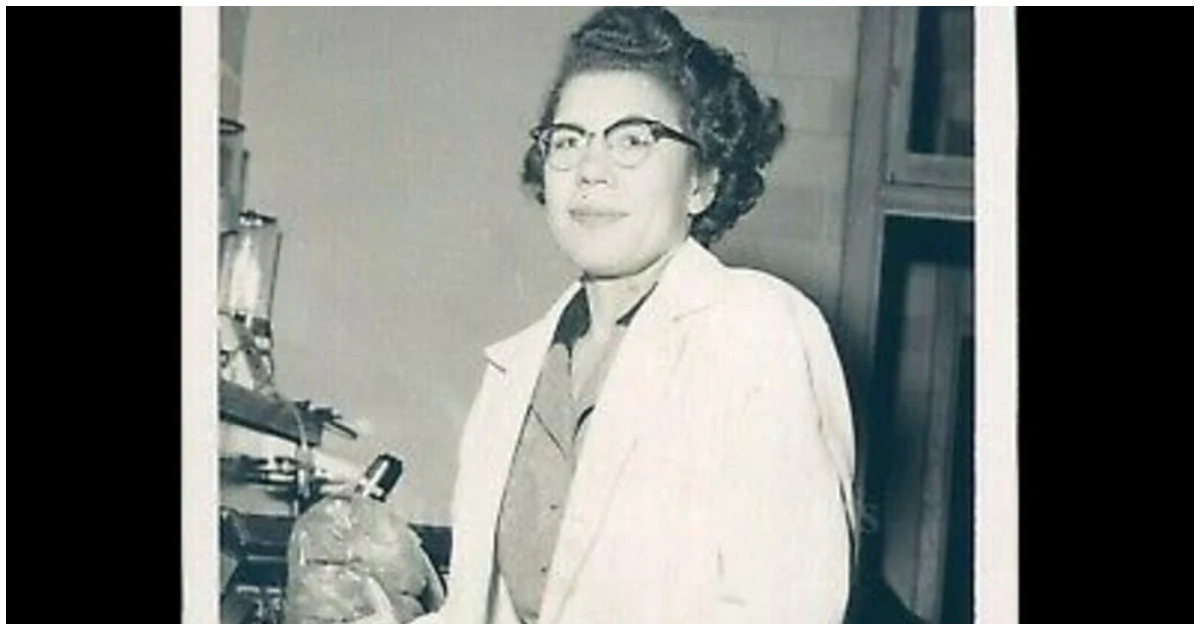Margaret S. Collins was not just a scientist but a fearless advocate for civil rights. She became the first Black woman to earn a Ph.D. in entomology, pioneering termite research and inspiring change both in the lab and on the streets.
Margaret Collins: Breaking Barriers in Science
Collins’ groundbreaking work focused on termites, exploring their fascinating diversity across the world. She wasn’t interested in pest control but instead studied the ecological importance of these insects. Her contributions to understanding termite behavior and adaptation remain vital to biology today.
After earning her Ph.D. in 1949, Collins became the third Black woman zoologist in the U.S. She traveled extensively, conducting fieldwork in places as far as the Caribbean and the Amazon rainforest. Often, these expeditions came with dangers, from encountering jaguars to enduring parasitic infections. But her passion for science never wavered.
The Termite Lady’s Legacy
Collins was affectionately known as “the termite lady” for her dedication to studying these complex creatures. She uncovered the mechanisms termites use to thrive in extreme conditions, such as deserts and rainforests.
Her discoveries weren’t limited to insect behavior. Collins also challenged scientific theories, like the idea of parallel evolution in termite species. Her detailed research on the chemical composition of termite defenses proved that certain evolutionary traits might have a shared origin rather than developing independently.
A Bold Advocate for Civil Rights
Collins wasn’t just a trailblazer in entomology; she also took bold steps in the fight for racial equality. While working at Florida A&M University during the 1950s, she became involved in the Tallahassee Bus Boycott. She offered rides to people boycotting segregated buses, often speeding past police checkpoints with her young son crouched on the car floor.
Her bravery extended beyond the wheel. Collins helped protect civil rights activists by safeguarding sensitive records from FBI raids. At home, she guarded her family against violent threats, staying awake with a shotgun on the porch during tense nights.
Early Life: A Childhood of Curiosity
Born Margaret James in 1922 in Institute, West Virginia, Collins showed intellectual brilliance early on. She skipped grades and excelled in reading, a skill she developed from her parents’ nightly storytelling.
Her father, an agriculture professor, and her mother, a passionate reader, nurtured her curiosity about the natural world. This upbringing paved the way for her to study biology at West Virginia State College, despite financial challenges and gender biases in academia.
Educator and Role Model
Collins spent decades as a professor at historically Black colleges, including Howard University. She inspired generations of students while juggling research, teaching, and parenting.
Her tireless energy extended to field trips, where she sometimes brought her children along as helpers. She was equally at home lecturing in classrooms or wielding a machete in dense rainforests.
A Legacy of Courage and Curiosity
Margaret S. Collins left behind a rich legacy of scientific discovery and social activism. Her life exemplified resilience, brilliance, and an unwavering commitment to justice.
Today, scientists like Jessica Ware at the American Museum of Natural History continue to honor Collins’ contributions. Her work remains a cornerstone in the study of termites and a testament to the power of determination in breaking barriers.





